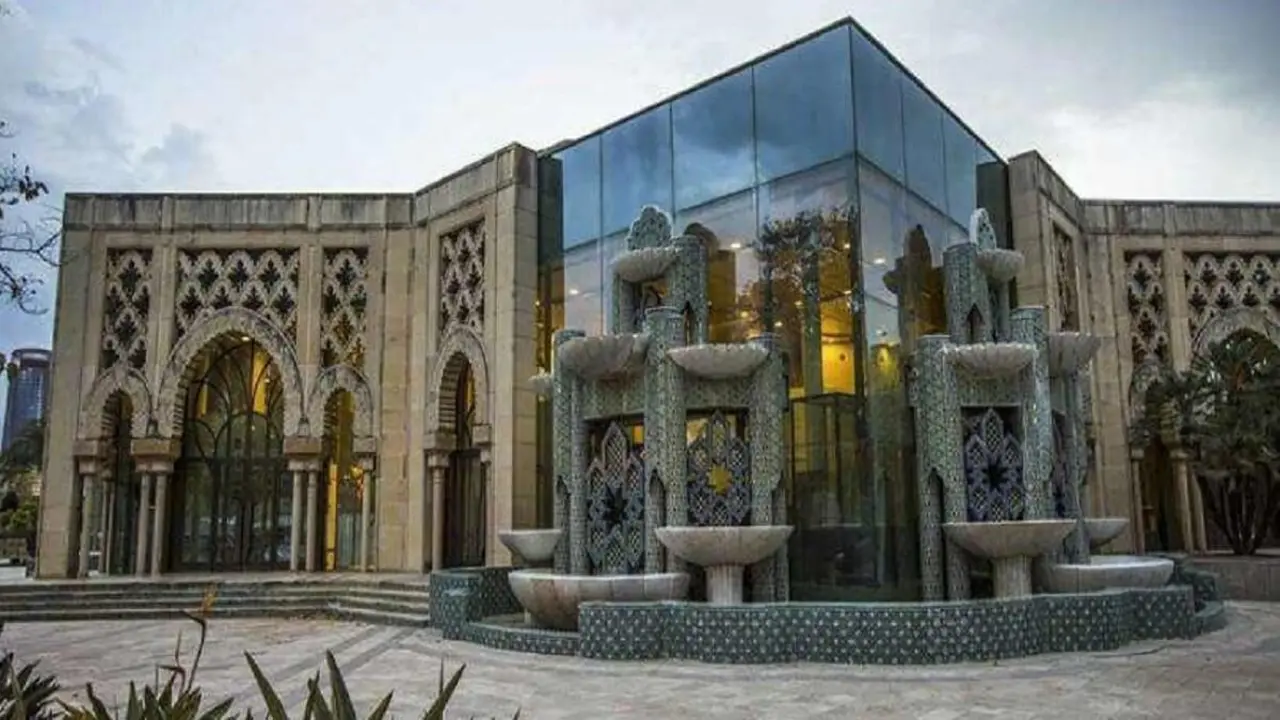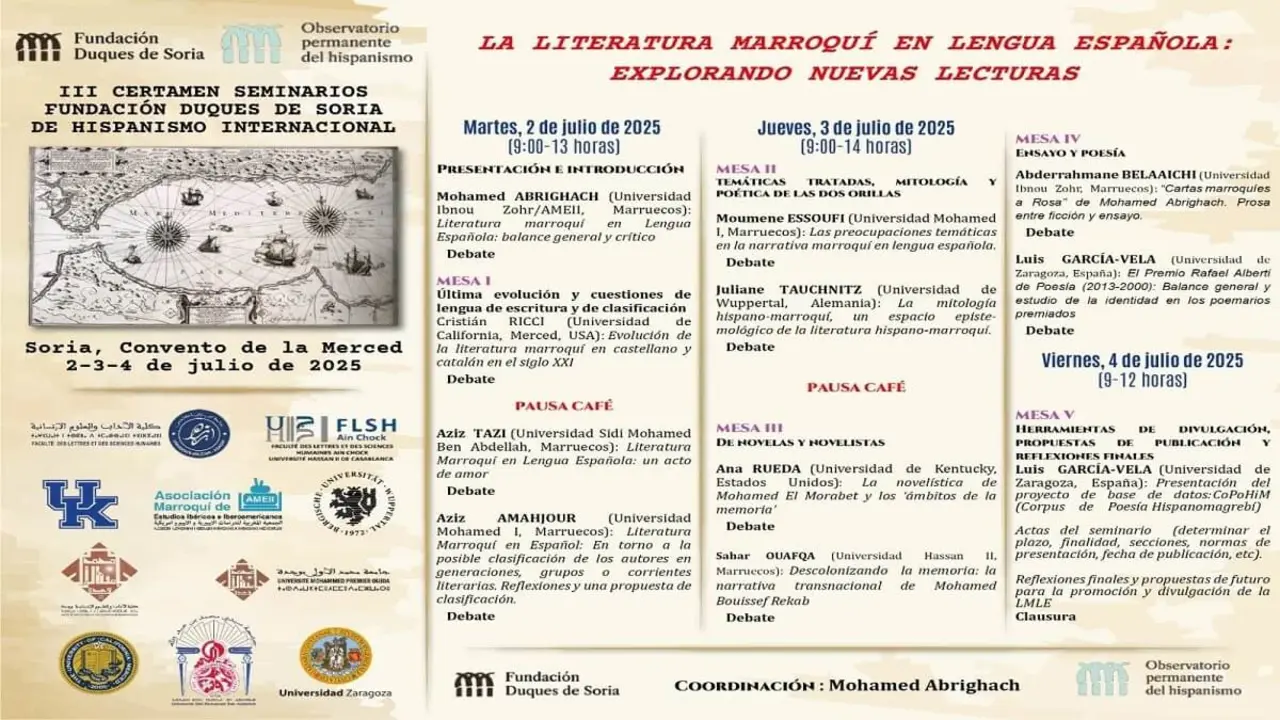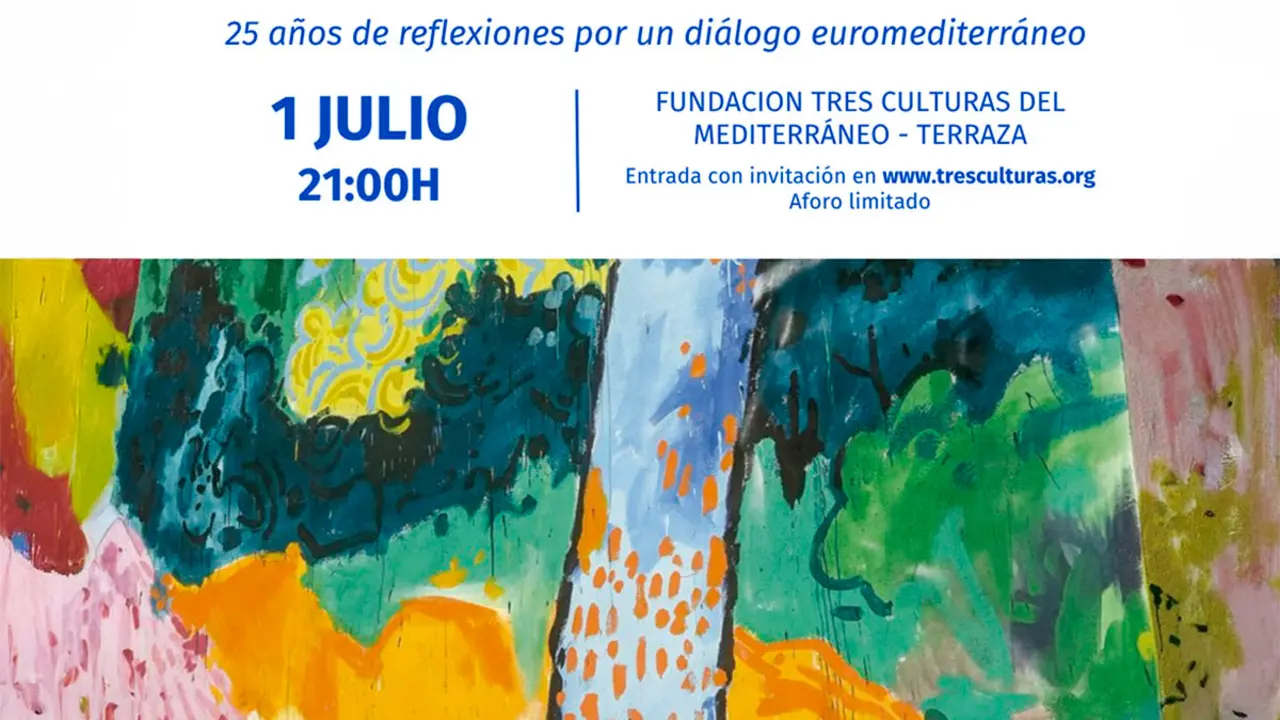On Earth or in Poems
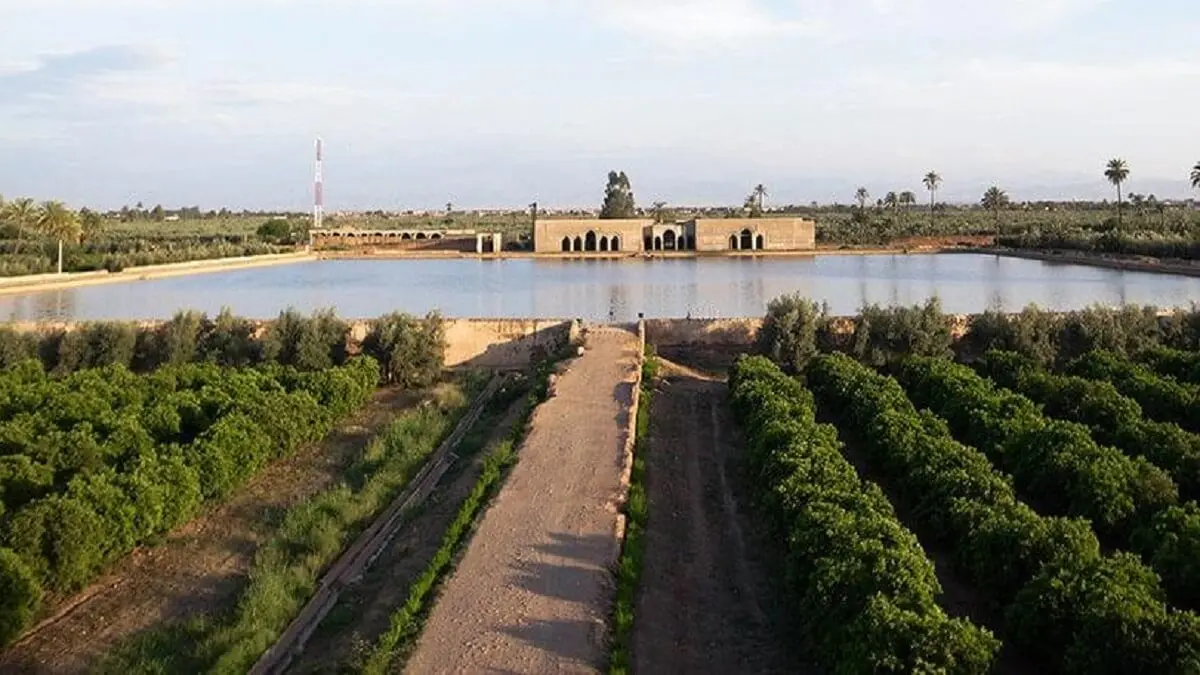
Eric Calderwood, Associate Professor of Comparative and World Literature at the University of Illinois Urbana-Champaign and author of the award-winning Colonial al-Ándalus (HUP, 2018), presents his new work "On Earth or in Poems", published by Harvard University Press, to address the multiple lives of al-Ándalus.
In the Middle Ages, the Iberian Peninsula was not Spain or Portugal, but al-Andalus. Ruled by a succession of Islamic dynasties, al-Andalus became shorthand for a legendary place where people from the Near East, North Africa and Europe, Jews, Christians and Muslims, lived side by side in peace. That reputation is not entirely deserved, but, as 'On Earth or in Poems' demonstrates, it has endured in the imagination, especially of Arab and Muslim artists and thinkers in Europe, the Middle East and North Africa.
From the vast and complex history behind the name al-Andalus, Syrians and North Africans draw their own connections to the ruling dynasties of history. Palestinians may imagine themselves as "Moriscos", descendants of Spanish Muslims forced to hide their identity. A Palestinian flamenco musician in Chicago, no less than a Saudi women's rights activist, may draw inspiration from al-Andalus. These diverse relationships to the same past may be imaginary, but the present communities and the visions of the future that these relationships foster are real.
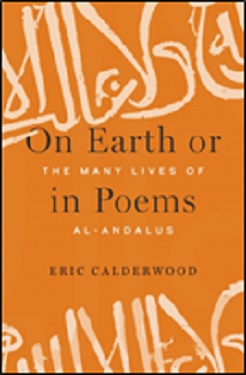
Where do these notions of al-Andalus come from and how do they translate into aspirations and actions? Eric Calderwood traces the role of al-Andalus in music and in debates about Arab and Berber identities, Arab and Muslim feminisms, the politics of Palestine and Israel, and immigration and multiculturalism in Europe. The Palestinian poet Mahmud Darwish once asked himself: "Was al-Andalus / Here or there, in the land... or in the poems? The artists and activists featured in this book answer: it was there, it is here and it will be.
As Hussein Fancy of Yale University noted: "With extraordinary linguistic range, Calderwood brings us the voices of Arabs and Muslims who have turned to Spain's distant past to imagine its future. Rather than dismissing al-Andalus as a confused heap of notions or reducing his vision to romantic utopianism, Calderwood turns to the subjunctive mood, the mood of what might be, to make the case for the future of al-Andalus as a time and place ahead of us with infinite capacity".

